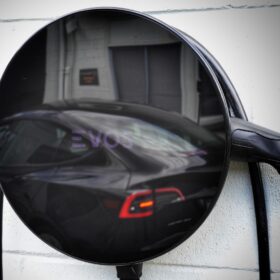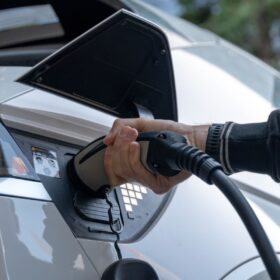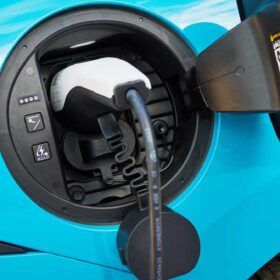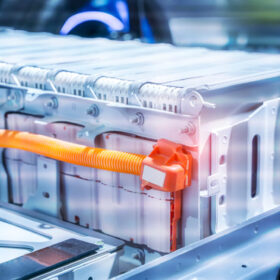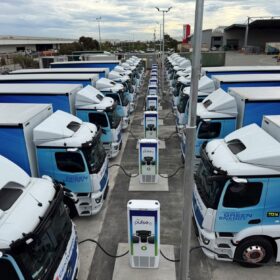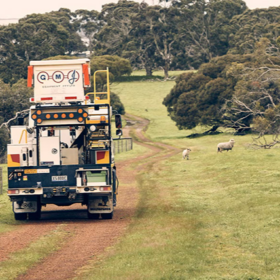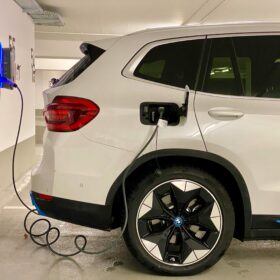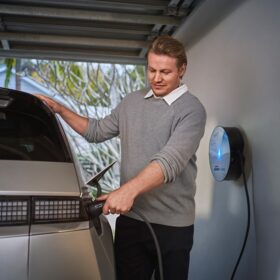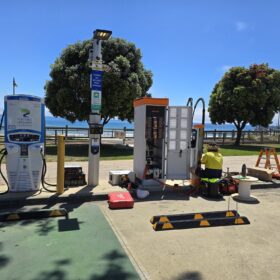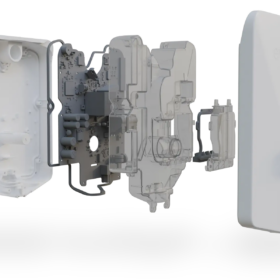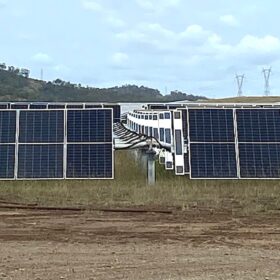Queensland EV charging start-up revs up expansion plans
Queensland-based electric vehicle charging infrastructure provider EVOS has stepped up expansion plans after reaching agreement with Japanese manufacturer FKK to produce its chargers for sale in Japan, Southeast Asia and other high-growth markets including India.
Jet Charge tipping EV uptake to accelerate
Electric vehicle sales in Australia are expected to accelerate rapidly in the next five years with modelling from charging infrastructure company Jet Charge showing that by 2030, 50% of all new cars sold will be electric.
EV owners turn to vehicle-to-load capability to counter blackouts
The merits of Australia’s growing electric vehicle fleet are on display in Queensland and northern New South Wales where hundreds of thousands of residents remain without power in the wake of Tropical Cyclone Alfred.
IEA: Global battery industry has entered new phase
China supplied three-quarters of a 1 TWh global battery market in 2024 and its domination enabled steep cost savings and a possible switch to lithium ferro-phosphate technology, according to the International Energy Agency.
Freight provider rolls out electric trucks on metro routes
National transport and logistics company Centurion has added 20 battery-electric trucks from Daimler to its fleet with the new heavy vehicles powered using energy from a 4.4 MW rooftop solar installation and 10.3 MWh battery.
South Australian electricity distributor starts rollout of community battery portfolio
Electricity distributor SA Power Networks will begin the installation of the first of eight community batteries being rolled out across regional South Australia, to build energy resilience in local communities.
Virtual power plants in energy market from 2026 to bring cost benefits: report
Following the Australian Energy Market Commission’s (AEMCs) final determination in December 2024 allowing virtual power plants to compete directly with large-scale generators in the energy market, technology company GridBeyond has reported the broader market benefits of this significant change.
‘A house battery you can drive around’: how a handful of Australians are selling power from their cars back to the grid
Our cars sit unused most of the time. If you have an electric vehicle, you might leave it charging at home or work after driving it. But there’s another step you could take. If you have a bidirectional charger, you can set it to sell power back to the grid when demand is high.
Tasmanian government offers grants up to $50,000 to install public EV charge stations
The Tasmanian government is offering a grant pool of $500,000 to drive the rollout of public electric vehicle car chargers in a move it describes as future proofing the state for accessible EV ownership.
New Zealand-made EV home chargers launch in Australia
New Zealand electric vehicle home charger manufacturer is introducing it’s 7.4 kW E2 product range to Australia, that both divert excess solar power from rootfop installations and provide up to 50 kilometres of charge per hour.
